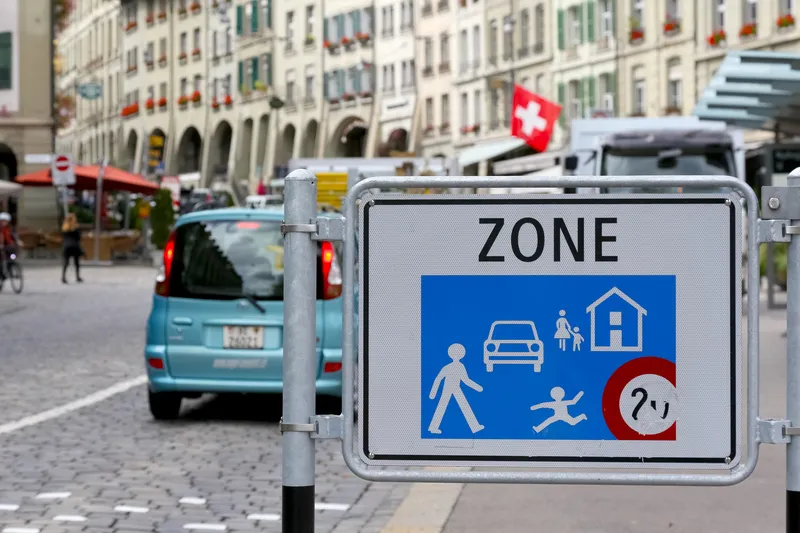President of motorsport’s governing body, the Fédération Internationale de l’Automobile (FIA), Jean Todt and Alejandro Agag, CEO of Formula E Holdings revealed the much-anticipated new Spark-Renault SRT01E fully-electric Formula E single-seat racing car during the opening day of the 65th International Frankfurt Motor Show.
The SRT01E has been designed and built by Spark Racing Technology, together with a consortium of the leading manufacturers in motorsport, and will compete in the inaugural FIA Formula
September 11, 2013
Read time: 2 mins
President of motorsport’s governing body, the 7113 Fédération Internationale de l’Automobile (FIA), Jean Todt and Alejandro Agag, CEO of Formula E Holdings revealed the much-anticipated new Spark-2453 Renault SRT01E fully-electric Formula E single-seat racing car during the opening day of the 65th International Frankfurt Motor Show.
The SRT01E has been designed and built by Spark Racing Technology, together with a consortium of the leading manufacturers in motorsport, and will compete in the inaugural FIA Formula E Championship - the world’s first global electric race series beginning in September 2014.
The vast range of technical expertise being used by Spark Racing Technology includes a consortium consisting of McLaren, Renault and Dallara. McLaren Electronic Systems will supply the transmission, electronics and powertrain for the car, while technical partner Renault SAS will use its technological expertise to optimise the electric and electronic layout and performance of the powertrain.
Italian firm Dallara will produce the chassis with tyres being supplied by tyre partner Michelin. Williams Advanced Engineering, part of the Williams group of companies that includes the world famous Williams F1 Team, will design and assemble the batteries that will power the car and Qualcom Halo wireless electric vehicle charging (WEVC) technology will be adapted to be fitted into the track safety cars so they can be wirelessly charged.
Launched by the FIA, Formula E is a brand new motor racing championship featuring Formula cars powered exclusively by electric energy.
The FIA says it represents "a vision for the future of the motor industry over the coming decades".
Investors believe that motor racing can help to tackle the image problem which electric cars have and serve as a framework for research and development around the electric vehicle, accelerating general interest in these cars and promoting sustainability.
The SRT01E has been designed and built by Spark Racing Technology, together with a consortium of the leading manufacturers in motorsport, and will compete in the inaugural FIA Formula E Championship - the world’s first global electric race series beginning in September 2014.
The vast range of technical expertise being used by Spark Racing Technology includes a consortium consisting of McLaren, Renault and Dallara. McLaren Electronic Systems will supply the transmission, electronics and powertrain for the car, while technical partner Renault SAS will use its technological expertise to optimise the electric and electronic layout and performance of the powertrain.
Italian firm Dallara will produce the chassis with tyres being supplied by tyre partner Michelin. Williams Advanced Engineering, part of the Williams group of companies that includes the world famous Williams F1 Team, will design and assemble the batteries that will power the car and Qualcom Halo wireless electric vehicle charging (WEVC) technology will be adapted to be fitted into the track safety cars so they can be wirelessly charged.
Launched by the FIA, Formula E is a brand new motor racing championship featuring Formula cars powered exclusively by electric energy.
The FIA says it represents "a vision for the future of the motor industry over the coming decades".
Investors believe that motor racing can help to tackle the image problem which electric cars have and serve as a framework for research and development around the electric vehicle, accelerating general interest in these cars and promoting sustainability.







